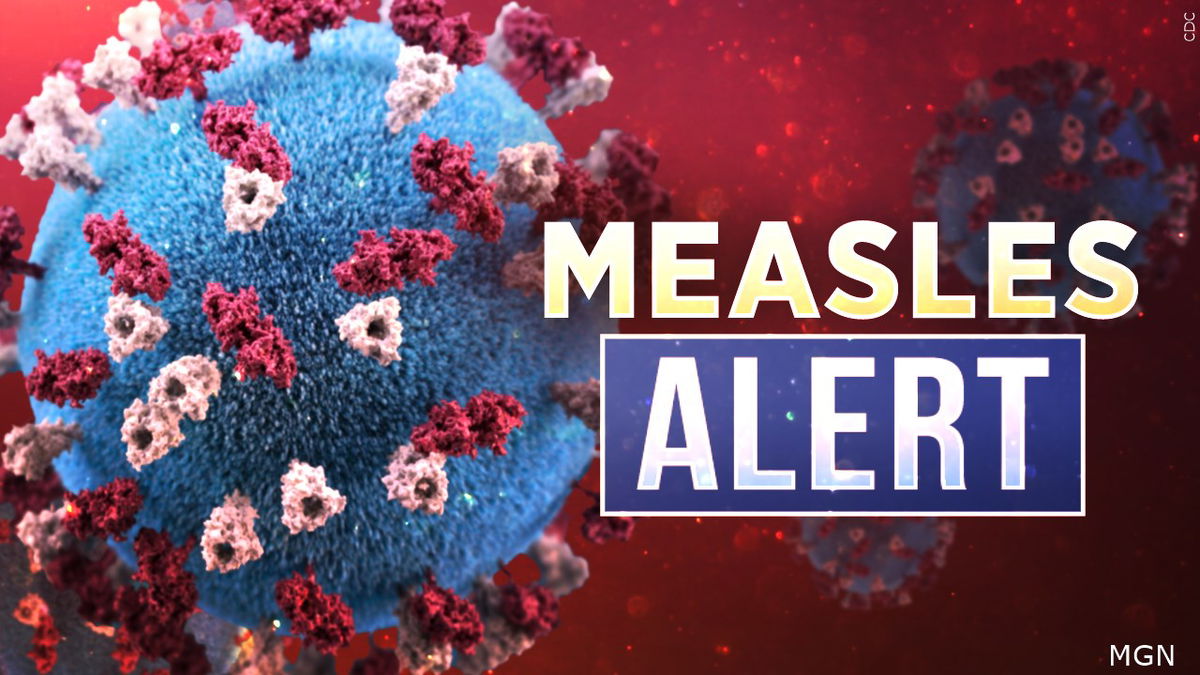Measles reported in Idaho resident

IDAHO FALLS, Idaho (KIFI) - An adult male with confirmed measles has been reported in southwest Idaho. He was unvaccinated and was exposed during recent international travel. He was hospitalized and is now recovering at home.
During their infectious period, the person spent time at the Boise airport on Sept. 13, and in the Nampa area on Sept. 14 and 15.
Investigation is ongoing, and people who may have been exposed are being notified by Southwest District Health and other local health districts. However, it is possible some people who were exposed briefly would not have been identified by public health officials.
Vaccination is highly protective against measles illness.
“Measles is an acute, highly contagious viral disease and could quickly spread to others,” said Dr. Christine Hahn, Idaho state epidemiologist and medical director for the Division of Public Health at the Department of Health and Welfare. “Measles can spread from person to person through coughing and sneezing, but also by breathing the contaminated air or touching a surface that has respiratory droplets on it.”
The measles virus can live for up to two hours in an airspace after an infected person leaves the area. Measles is so contagious that if one individual has measles, up to 90% of contacts to that individual who are not immune will also become infected. It can spread for up to four days before and after the rash appears.
If you’ve been exposed to measles, you should call your healthcare provider and monitor for symptoms for 21 days after exposure.
Measles symptoms include fever, runny nose, cough and rash. Although measles is usually considered a childhood disease, it can be contracted at any age. There is no specific treatment for measles.
“The best way to protect yourself and your family against measles and other vaccine-preventable diseases is by immunization,” said Ricky Bowman, epidemiology program manager with Southwest District Health. “Measles can be prevented by the measles/mumps/rubella (MMR) vaccine, which protects against all three illnesses. It’s considered to be 97% effective at preventing measles after two doses.”
Children should receive their first dose of measles vaccine between 12 and 15 months of age and another at 4 to 6 years of age. MMR vaccine is generally first given at 12 months of age in the United States but is sometimes recommended for children as young as 6 months who are traveling outside the United States or who could be infected in an outbreak.
People experiencing symptoms of measles should contact their healthcare provider and should not go into clinics, pharmacies, or other healthcare settings without calling ahead so the facility can make preparations to reduce any chance of spread.
For more information on measles, visit www.cdc.gov/measles.





